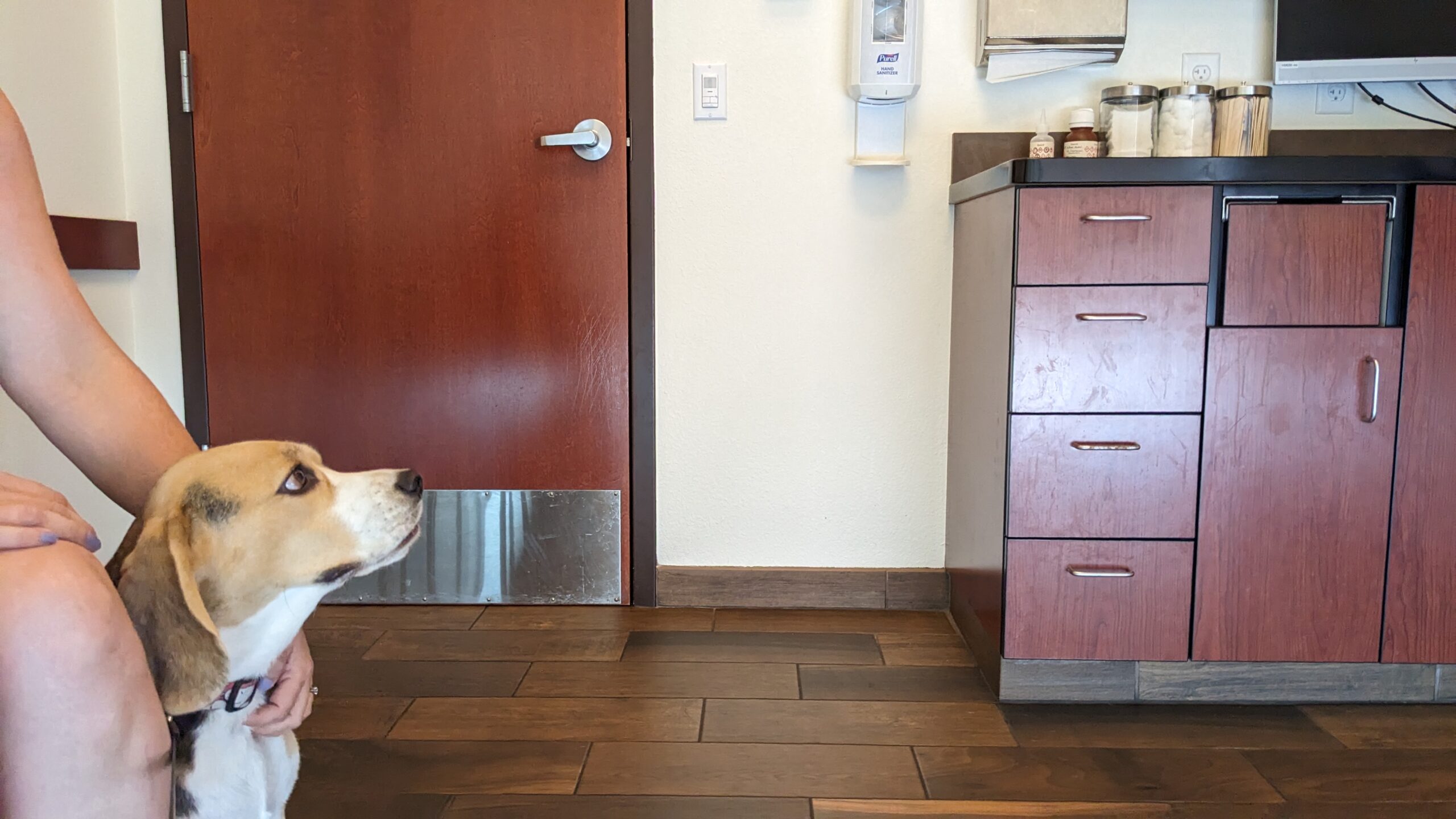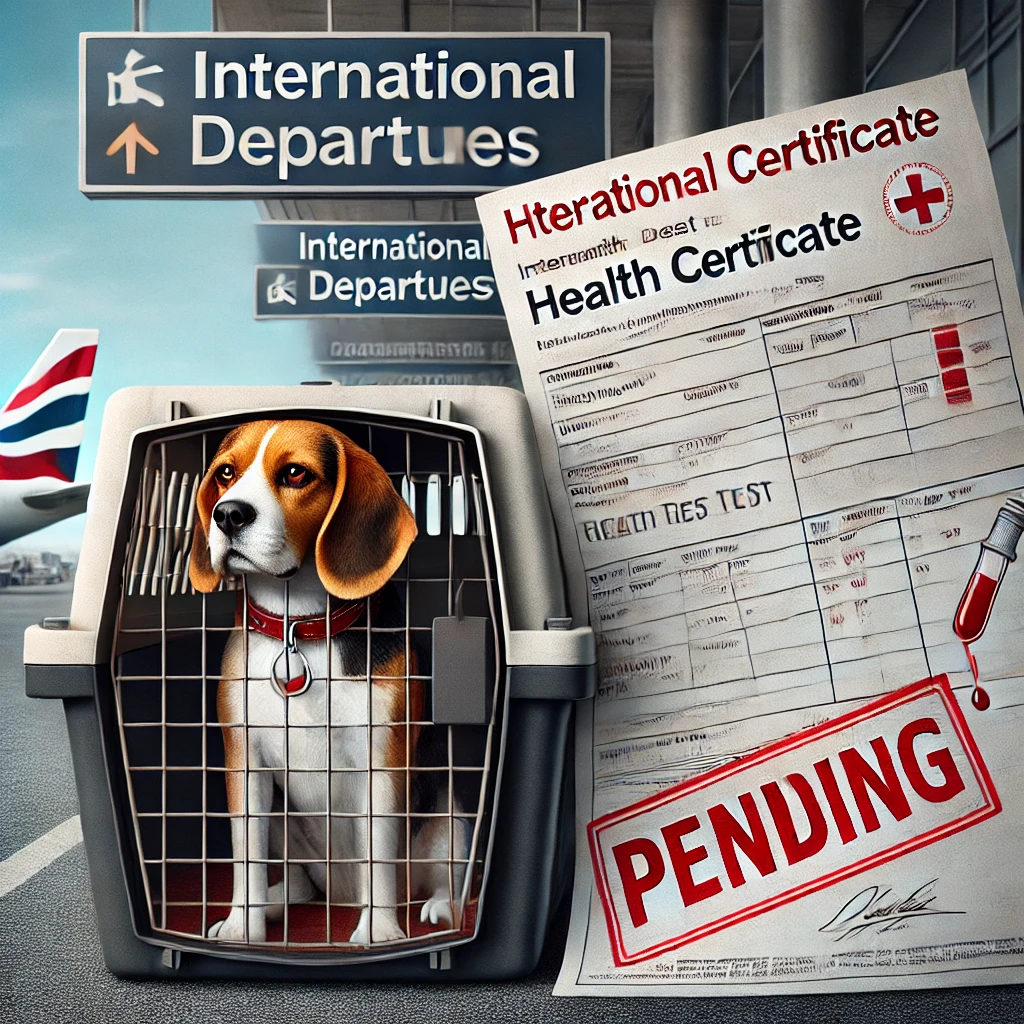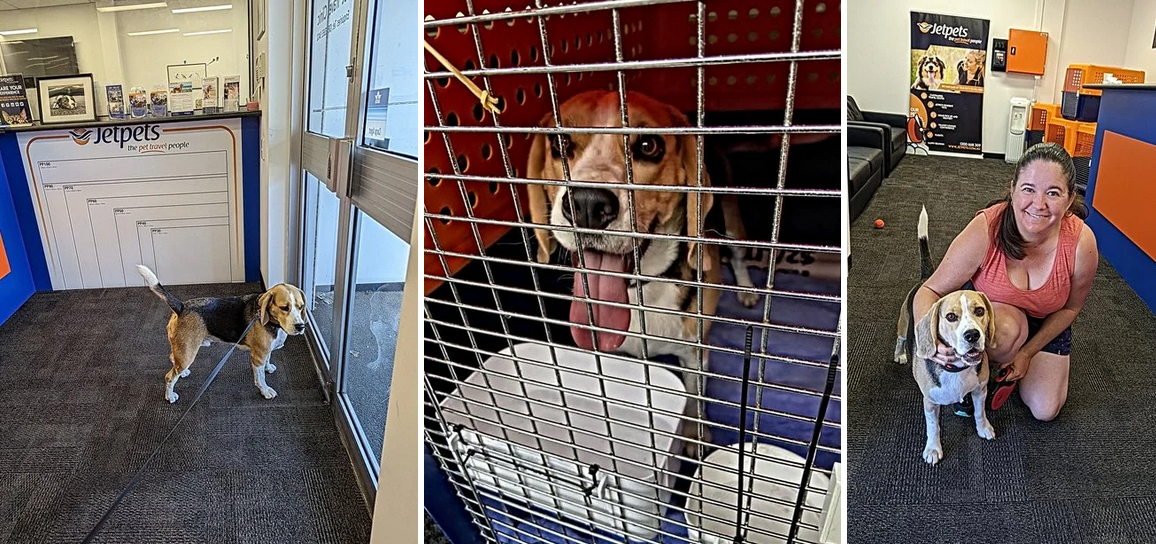As we prepare to export our beagle, Sniffy, back to Australia, one of the final steps in the process was getting a Leishmania blood test today. The Australian government has strict requirements for the importation of dogs, and this blood test is crucial in ensuring that Sniffy can safely return without any health risks. We visited VCA Tri City Animal Hospital in Tempe, Arizona, for this test and made arrangements for subsequent appointments as the export date approaches. We came across this vet apecifically from Facebook groups saying this vet has experience with international exports and was currently working on 3 Australian dog relocations. This post covers our experience and provides essential background on why this step is necessary for dog owners exporting pets to Australia.
What is Leishmania?
Leishmania is a parasite that can infect dogs, particularly in parts of Southern Europe, South America, Asia, and Africa. The infection is caused by sandfly bites, and it can lead to serious health conditions such as skin sores, weight loss, and organ damage. Because of its potential severity, countries like Australia, which are free of the parasite, require proof that imported pets do not carry it.According to the Australian Department of Agriculture, Fisheries and Forestry (DAFF), all dogs must be tested for Leishmania infantum within 45 days of export. A negative test result ensures that pets entering the country pose no threat of introducing this disease into Australia’s ecosystem.
Our Experience at VCA Tri City Vet Tempe
This afternoon, we took Sniffy to VCA Tri City Vet for his Leishmania blood test. The date (Columbus Day 2024, 42 days before export) was picked specifically as the Monday after the 45 days until export.
The staff was knowledgeable about the Australian import process and worked efficiently to handle the test. It was reassuring to know that they had experience with international pet travel requirements, which made the process smoother for us.
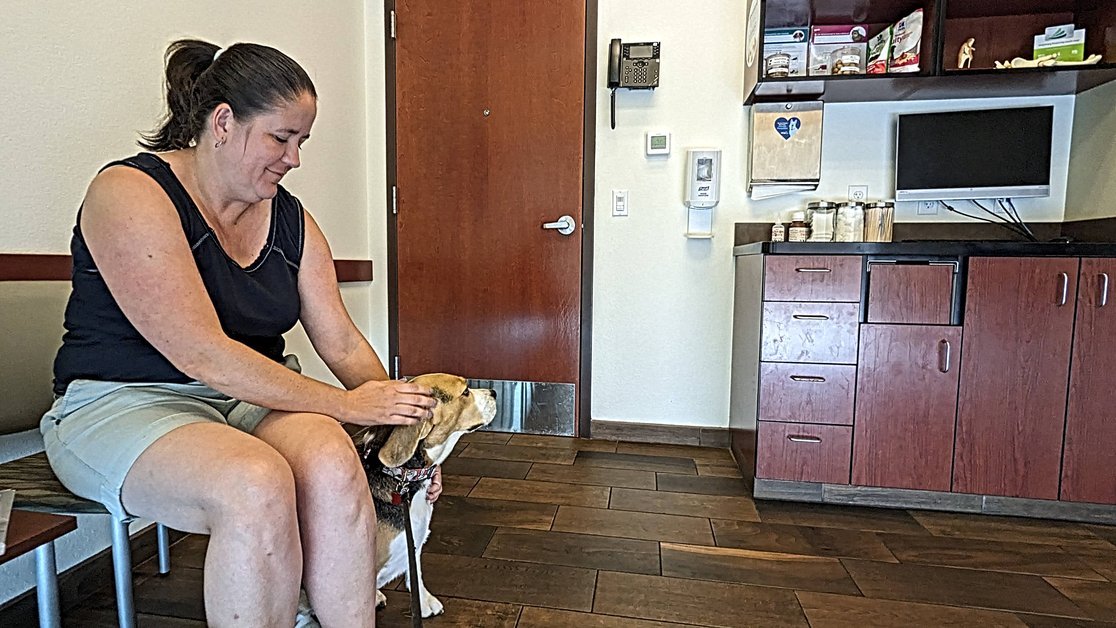
The process:
- We arrived at the clinic and checked in for Sniffy’s appointment. He was weighed in in the reception at 45 lbs (20.9kg) and had lost 3 lbs on his diet over the last month.
- The vet tech introduced herself and checkwd his heart rate.
- The vet introduced himself and gave Sniffy a brief checkup and we talked through the export process.
- The vet team took Sniffy in for his blood draw, ensuring he was calm and comfortable during the procedure.
- After the test, we were informed that the blood sample would be sent to an external lab for analysis, and the results would take a few days to return.
The clinic also booked us in for future appointments related to the export process, which includes internal and external parasite treatments and a final health certificate from a USDA-accredited vet.
We paid USD 99 for the vet appointment and USD 66 for the Leishmania blood test (plus USD 1.50 for the QT money order).
Why This Test is Important for Dog Owners Exporting to Australia
Australia’s quarantine regulations are some of the strictest in the world, designed to protect the country’s unique biodiversity from invasive diseases and pests. Leishmaniasis is a particular concern because Australia does not have endemic cases, and introducing the disease could have serious consequences for both animal and human health.
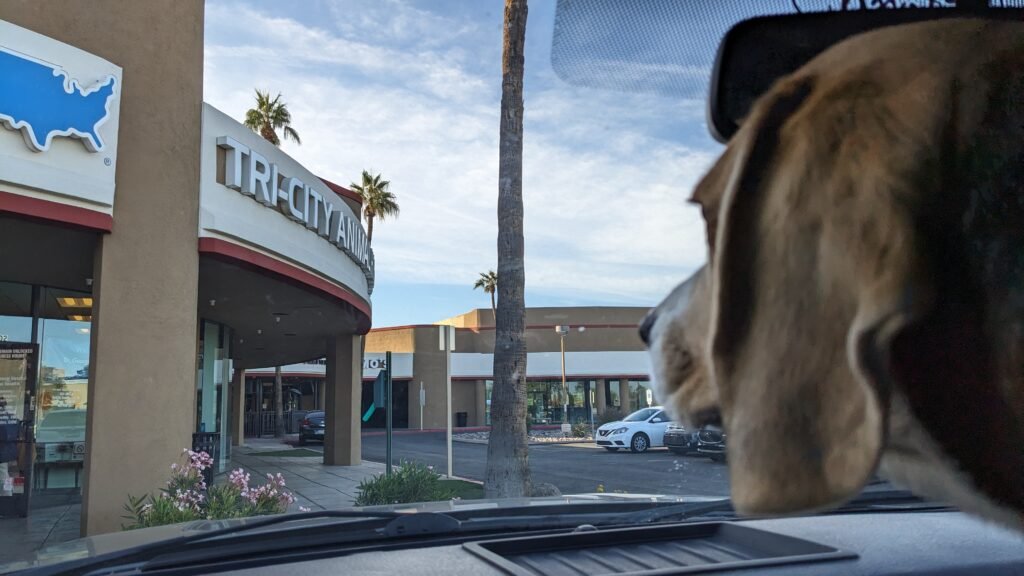
Test Result Negative!
Two business days later, we received the negative result for Sniffy’s Leishmania test, which came as a huge relief. A positive result would have been devastating, potentially resulting in a lifetime ban on Sniffy’s return to Australia due to the strict biosecurity measures in place. This would have forced us to make an incredibly difficult, life-changing decision about Sniffy’s future. According to the Australian Department of Agriculture, Fisheries and Forestry, a dog that tests positive for Leishmania may not be eligible for import, with limited exceptions for animals with confirmed treatment and recovery.
The vet reassured us that positive results are extremely rare and primarily occur in dogs that have lived in or interacted with dogs from regions like the Middle East, where the parasite is endemic. He shared a story from his experience working with a military base, where a dog tested positive for Leishmania. Upon investigation, it was discovered that the dog had been exposed to others recently returned from Iraq. This anecdote highlighted the importance of carefully managing exposure risks and ensuring that pets remain free from contact with animals from high-risk areas.
Other Import Requirements: Internal and External Parasites
In addition to the Leishmania test, Sniffy will need treatments for internal and external parasites before export. The Australian government mandates that:
- Internal parasite treatment, such as for tapeworm, must be administered within 5 days before departure.
- External parasite treatment, covering fleas, ticks, and mites, must also be applied within 5 days before departure to ensure the dog is free from these pests.
Both treatments must be recorded on the health certificate by a licensed vet.
Health Certificate and Final Steps Before Export
The final stage before Sniffy’s flight is obtaining a health certificate, a vital document issued by a USDA-accredited vet. This certificate confirms that Sniffy is healthy, meets all import requirements, and is fit for travel. It also verifies that all vaccinations, tests, and treatments have been completed in compliance with Australian law.For anyone planning to export a dog to Australia, it’s important to work closely with your veterinarian to ensure every step of the process is followed correctly. Missing a step could delay your dog’s export or cause issues upon arrival in Australia.
Tips for Pet Owners Preparing for Export
If you’re in a similar situation, here are some tips to help make the process smoother:
- Start early: The Leishmania test, vaccinations, and parasite treatments must be timed according to the export guidelines. Give yourself plenty of time to schedule appointments and receive test results.
- Use a knowledgeable vet: Choose a veterinarian who is familiar with the Australian import process, or one who can easily collaborate with a USDA-accredited vet for the necessary paperwork.
- Double-check requirements: Regulations can change, so always check the latest guidelines on the DAFF website before starting the process. Make sure your vet has access to these regulations as well.
- Organize your documents: Keep a folder with all of your dog’s vaccination records, test results, and certificates. You’ll need these at multiple points throughout the export process.
- Book your flights early: Many airlines have limited capacity for pets, especially those traveling internationally. Be sure to book a pet-friendly flight well in advance.
- Check quarantine arrangements: Pets entering Australia must undergo a minimum of 10 days quarantine at the Mickleham Post Entry Quarantine Facility near Melbourne. Confirm your booking as soon as you have your export date finalized.
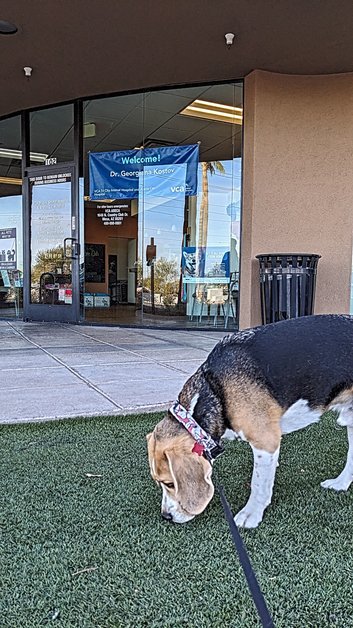
Exporting a dog to Australia is a detailed and regulated process, but with proper planning and guidance from your vet, it can be a smooth experience. Our visit to VCA Tri City Vet in Tempe, AZ for Sniffy’s Leishmania blood test marked a key milestone in ensuring that he meets the Australian import requirements. With subsequent appointments scheduled for his parasite treatments and health certificate, we’re on track for a safe and compliant journey back to Australia.For dog owners going through the same process, it’s important to stay informed, follow each step meticulously, and work with professionals who understand the nuances of international pet travel.

